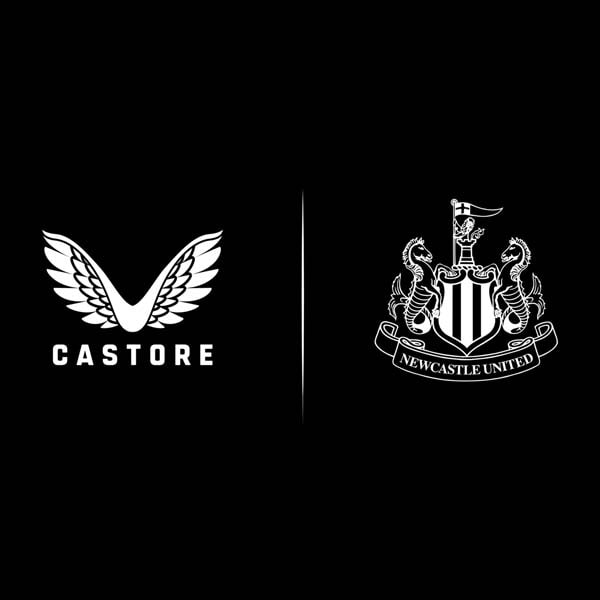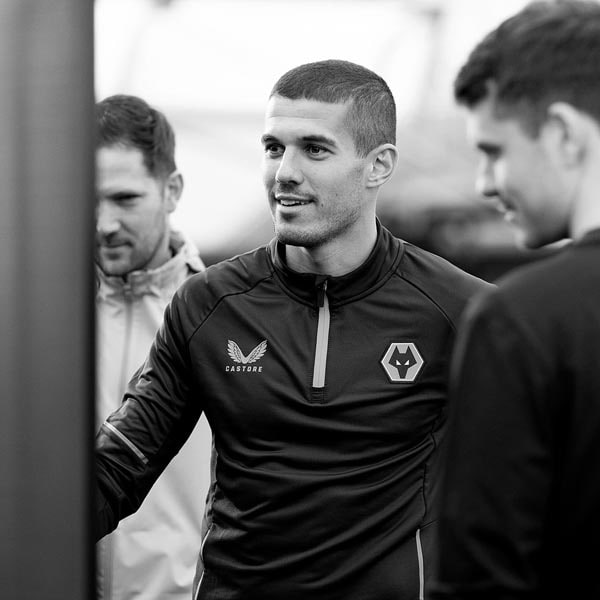British brand Castore continue to make moves in the game, with reports suggesting that they are set to become the new technical partner for Premier League sides Newcastle United and Wolverhampton Wanderers.
Castore have been popping up on the radar a fair bit recently, with the brand’s winged logo first emerging in the game when they took on the technical partnership with Rangers, before then being linked with the potential vacancy at Roma. But now it appears that they have made their first solid moves into the Premier League, with reports suggesting that they have signed a deal with not one, but two clubs in Newcastle and Wolves. And this is all part of the Liverpool-based brand’s fresh approach to kit manufacturing that co-founder Tom Beahon believes will shake up future deals across the board.

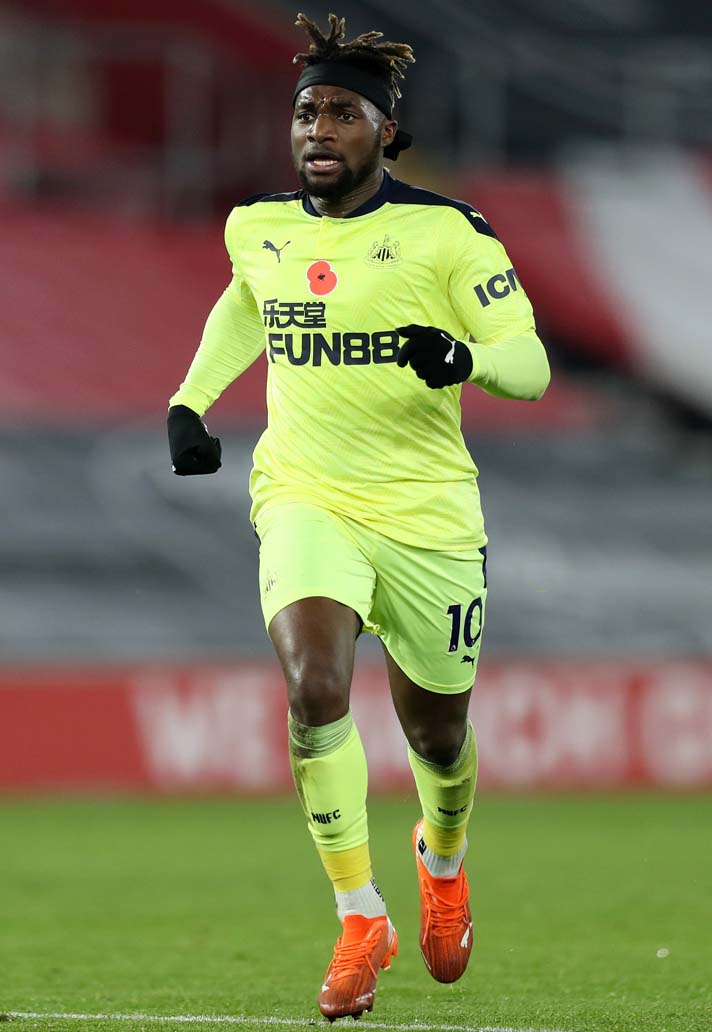
So who are Castore? Founded by Liverpudlian brothers Phil and Tom Beahon in 2016, the brand was best known for their affiliation with Andy Murray, who became a shareholder in January 2019.
Since then, Castore obviously made their move into football, picking up the deal with Rangers after the club’s previous deal with Hummel was terminated. And they’ve made an immediate impression with the Scottish side, with their high quality and rapid turnaround of kit production. “We developed and delivered [the] product in less than six months,” Tom Beahon explained in an interview with Forbes.
“Starting with the supply chain, the big brands tend to work on 18 months lead times on partnerships of the size and scale of Rangers, because they're huge oil tankers,” he continued.
“We've got a different mindset, we've got a different supply chain, which is European-centric rather than Far East-centric. [So] we could do something in a far more agile and responsive way that the big brands aren’t capable of.”
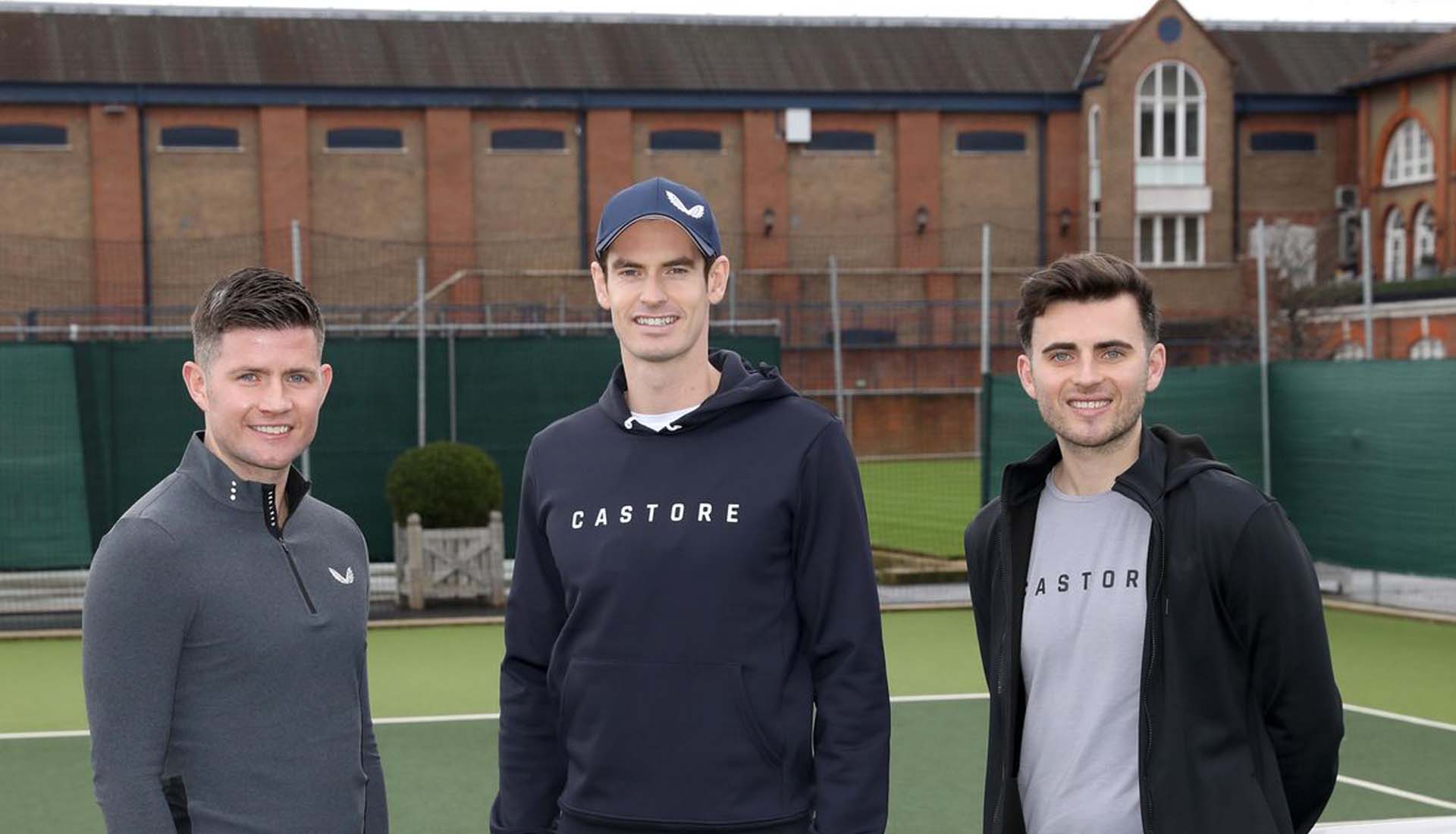
It’s a point of difference that Castore is hoping will appeal to clubs. Wolves, currently with adidas, and Newcastle, currently with PUMA, will likely not be considered “top-tier” teams by those brands, and would receive the according service and attention; that’s to say not on a level with your Real Madrid’s and Manchester City’s, understandably so. But Castore’s approach is different; essentially, it’s the Jerry Maguire effect: fewer clients, better service to them. “We are a challenger brand with big ambitions; we exist in a highly competitive market because we out work our competitors.”
Big brands work in the way they do because they can reduce costs by mass-producing jerseys, earning higher margins by manufacturing them in cheaper regions.“Big brands take huge bets 12 months before the start of the season on how much stock they think they can sell,” Beahon went on, explaining that when a team underperforms or for that matter overperforms, brands don't have the right amount of stock, or the ability in the supply chain to order smaller quantities for a restock, something that Castore can do.
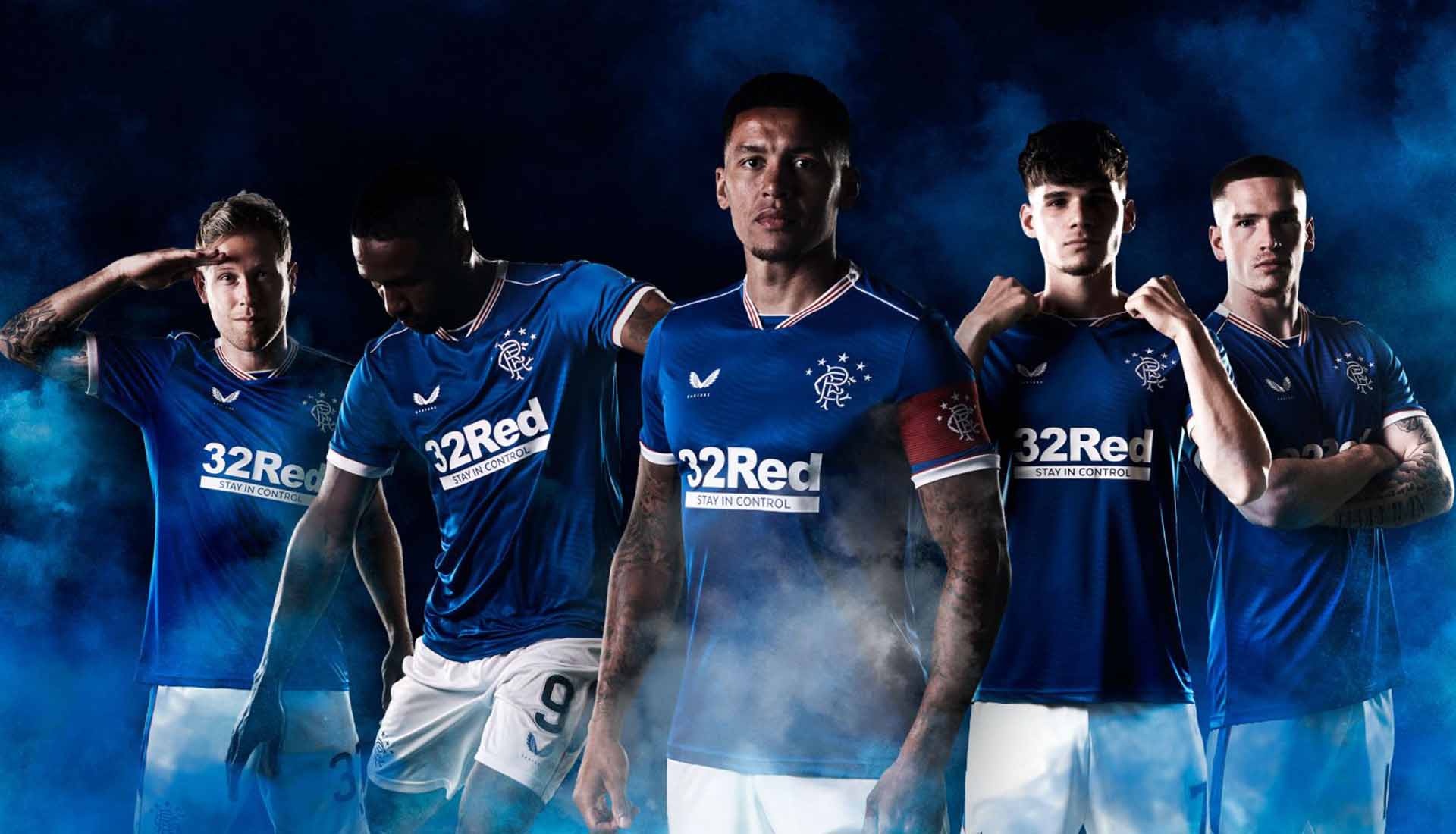
Wolves, in particular, are a prime example of a team that are really starting to push the top level in the Premier League. As such, their stock is rising and with it, demand for their products. Their current deal is set to last until 2022, earning them in the region of £3 million-a-season, but reports suggest that a mutual agreement has been reached to terminate it at the end of this season. The Castore deal is rumoured to be worth around £1 million per-season – a big step down on the face of it, but the bigger picture offers greater benefits to the midlands club and any others who follow suit.
The usual commercial deals that clubs make with the brands features a guaranteed yearly fee and a standard royalty on shirt sales. There will often be incentives built into the arrangement, but clubs are understandably keen to de-risk their revenue from jerseys as much as possible.
However, Castore’s agreement with Rangers – and likely what will be on the table for Wolves, Newcastle and any other team to sign with them – uses an incentivised growth model that benefits both parties should more shirts be sold. It would see both parties sharing the benefits of the growth through an ascending royalty rate, so as agreed revenue targets are hit the club receives a higher royalty percentage. It’s a potentially revolutionary way of doing business.
The other appealing prospect for any football club is Castore’s ability to offer bespoke product unlike anything else on the market, sealed with their own ‘winged’ stamp. No fan likes the template approach offered by a lot of the bigger brands, instead favouring something that visually captures the identity and uniqueness of their club. Beahon sees part of Castore’s competitive advantage as its ability to offer something vastly different. “[The big brands are] very standardised in how they do things. So unless it's Real Madrid, Barcelona [or] Liverpool, they don't really like having to do individual designs for different clubs. We thought there's a really interesting opportunity for a challenger brand like Castore to come in and do things differently.”
Long gone are the days of Admiral, Pony, Fila and the like appearing in a multi-brand orgy of delight in the top-tier of English football, with teams instead dominated by the big three of adidas (seven teams), Nike (four) and PUMA (four), while the likes of Umbro (two), Hummel, Kappa and Under Armour (all one) cling on to Premier League existence for the time being. Perfect time for a new brand to emerge and disrupt the existing regime.

